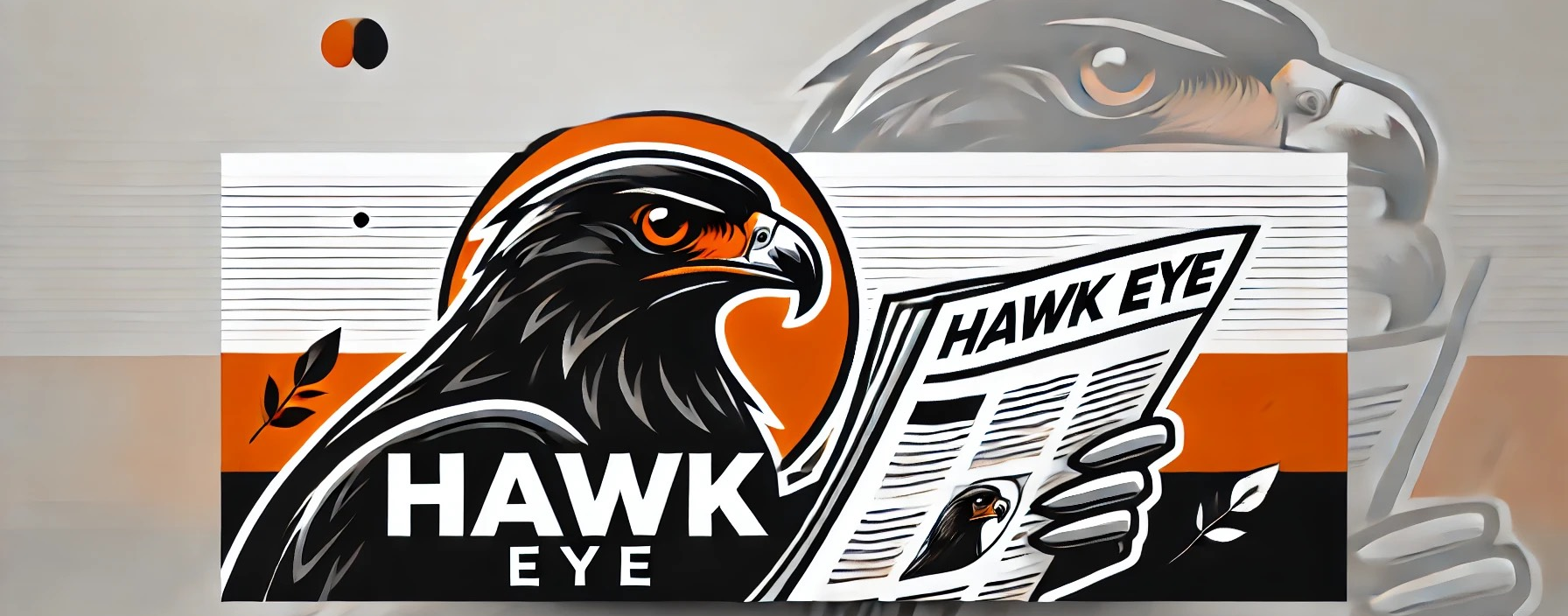What’s the difference between J&J, Pfizer, Moderna vaccines?
March 11, 2021
With the news of BPHS teachers soon to receive the COVID-19 vaccine, let’s compare the three approved vaccines.
First, let’s look at the vaccine types.
The three vaccine types available are the Johnson & Johnson, Pfizer, and Moderna vaccines. The Pfizer and Moderna vaccines are made using messenger RNA, or mRNA, a technology that delivers a bit of genetic code to cells. In effect, a recipe to make the surface protein on the SARS-2 virus; however, the J&J vaccine uses a different approach to instruct human cells to make the SARS-2 spike protein, which then triggers an immune response. It is what’s known as a viral vectored vaccine.
Next, we can look at what age groups are permitted to receive each vaccine.
The Pfizer vaccine has been authorized for people aged 16 and older. Moderna’s has been authorized for people 18 and older, though the company is now testing its vaccine in 12- to 17-year-olds. Lastly, J&J’s vaccine has been tested in people 18 and older, and that’s whom it’s authorized for.
Now, the most important part, vaccine effectiveness.
The Pfizer vaccine showed an efficacy of 95% at preventing symptomatic Covid infection after two doses. The Moderna vaccine was 94.1% effective at preventing symptomatic Covid infection after the second dose; however, the vaccine’s efficacy appeared to be slightly lower in people 65 and older. There isn’t any hard data for J&J’s vaccine yet, but the first box of Johnson & Johnson’s COVID-19 vaccine departs from a facility in Shepherdsville, Ky., on Monday. The company is set to distribute its first 3.9 million doses across the U.S. this week.
The most common side effects are injection site pain, fatigue, headache, muscle pain, and joint pain. Also, some people in the clinical trials have reported fever. The Pfizer and Moderna vaccines’ side effects are more common after the second dose. Younger adults who have stronger immune systems reported more side effects than older adults.
To be clear, these side effects are a sign of an immune system kicking into gear. They do not signal that the vaccine is unsafe. To date, there are no serious, long-term side effects associated with receipt of these vaccines, which will be closely monitored as their use expands.













